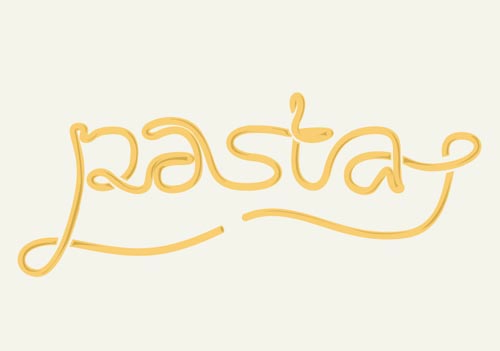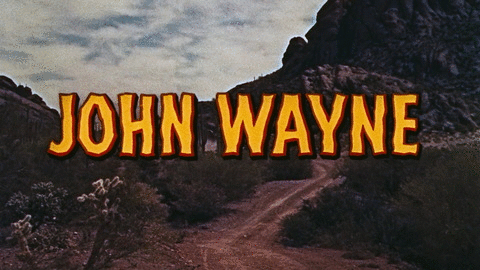
Introduciton (Antipasto)
Base R provides a functionality to concatenate strings through the paste
functions. Using paste is nice and dandy, but the code can get quite difficult
to read. Especially if two paste functions need to be nested.
Pasta provides a set of infix functions to make concatenation noodlier. This can make the code more in intuitive and readable.
###Installation pasta is available from CRAN. Therefore, you can install it as you do with any other package.
install.packages('pasta')
Examples (Primo Piatto)
Here are some tasty examples of the provided functionality:
require(pasta, quietly = TRUE)
#
examples <- c(
'macaroni' %_% 'sauce',
'ravioli' %-% 'recipe',
'spaghetti' %.% 'code',
'fussili' %//% 'farfalle',
'pasta' %&% 'sciutta',
'noodle' %&&% 'soup',
'carbonara' %|% 'ragù',
'spaghetti' %&&% 'al' %-% 'dente'
)
print(examples)
The resulting text strings are as follows:
## [1] "macaroni_sauce" "ravioli-recipe" "spaghetti.code"
## [4] "fussili/farfalle" "pastasciutta" "noodle soup"
## [7] "carbonara|ragù" "spaghetti al-dente"
And finally (dolce)
As a less naive example let us assume that we want to create a fancy animation
with some screen-caps of our favorite spaghetti-western.
In the following is some pasta code that shows how you can download a set of
chosen pictures from one of the many nice cites that provide the captures
cap_url <- "http://www.caps.media/195/9-rio-bravo/full/rio-bravo-movie-screencaps.com"
jpg_urls <- cap_url %-% c(4,5,264:268) %.% "jpg"
for (i in 1:length(jpg_urls)) {
download.file(jpg_urls[i], c("rio_bravo" %_% i %.% "jpg"), mode = "wb")
}
